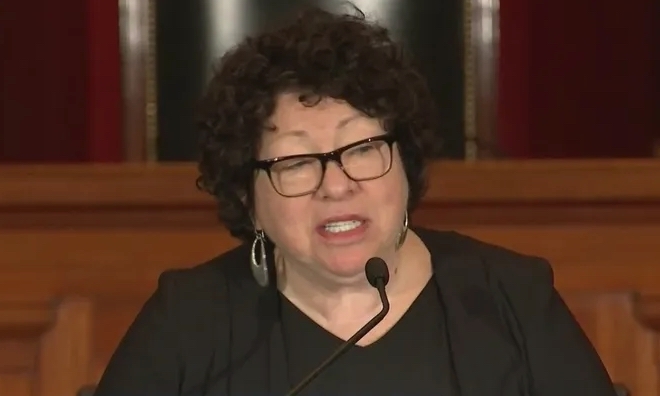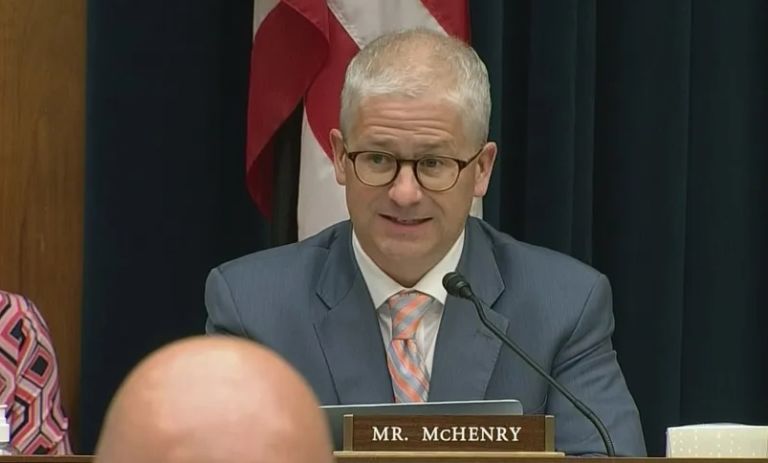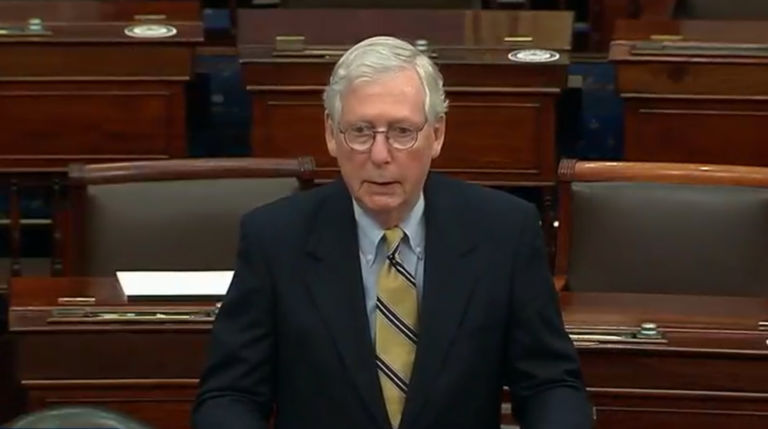Retiree health benefits today represent a $31 billion unfunded liability for state government on top of the $10 billion unfunded liability for state employee pensions. Daniel DiSalvo of the Manhattan Institute writes in a paper released today that North Carolina could offer a model for other states dealing with large unfunded promises to provide state employees with health insurance in retirement. Since this is where state government and accounting collide, the liability is known by the four-letter acronym OPEB, which stands for other post-employment benefits.
DiSalvo highlights steps taken since 2005 to improve the viability of the State Health Plan, culminating in the decision to eliminate health benefits into retirement for new state employees beginning in January 2021. Barring a reversal in policy, the state should eliminate its unfunded liability by 2041.
With remarkable improvements in telemedicine and personalized care, challenges to anticompetitive regulations, and new options for insurance, markets for health care and health insurance in 2041 or 2051 will likely look as different from today’s markets as today’s look from 2001 or 1991. DiSalvo provides seven other reasons why the North Carolina approach should be better for future retirees than it may sound at first. The most prominent is that few people even think about health benefits after retirement when taking a job, particularly when they are not sure if they will have that job for the twenty years needed to qualify for the benefits. Other mitigating factors include improved savings for retirement, existing alternatives for coverage, and the effect on premiums for non retirees and the broader insurance market.
You can find Daniel DiSalvo’s paper at https://www.manhattan-institute.org/health-care-pension-reform-retiree-benefits. For more on OPEB and pension liabilities, check our recently updated policy guide or join us the Locke Foundation for lunch this Monday, February 10, where Jen Sidorova and Leonard Gilroy present their findings and recommendations for improved pension sustainability.


